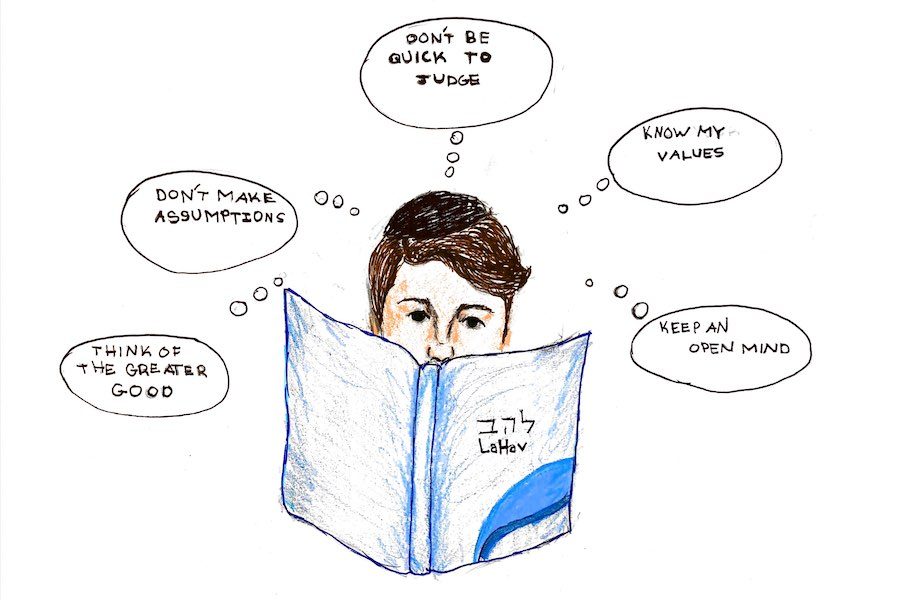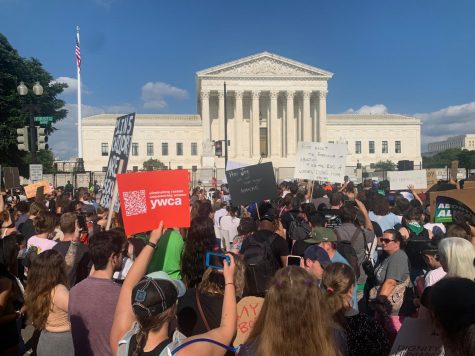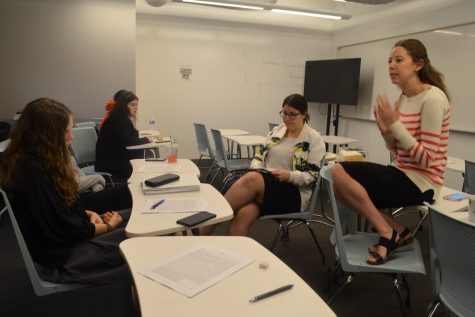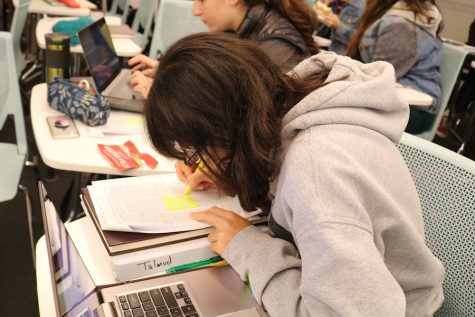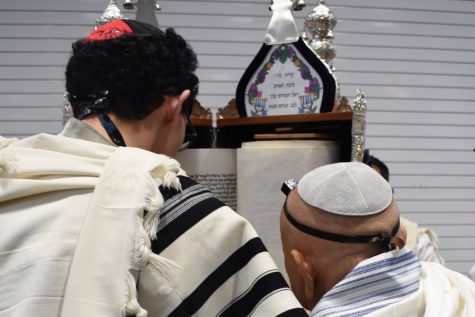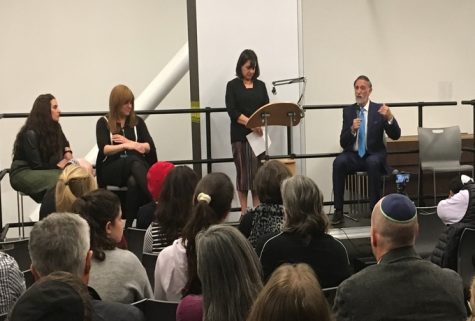Teachers using ‘daf aleph’ give students a chance to check in
When reading the Talmud it is easy to notice that the book opens with daph bet, or page two. But rather than a typographical decision, teachers at Shalhevet and elsewhere believe that there is a deeper meaning that can be gained.
“So the idea of daf aleph is that the first thing, before you can learn, is you have to be present,” explained Rabbi David Block, mashgiach ruchani and Jewish Studies director. “You have to bring yourself to the Gemara. So daf aleph is basically where you are at… And once you yourself are there, then you can start learning.”
“Everyone has a different beginning,” said Judaic Studies teacher Rabba Ramie Smith, “and the reason that there isn’t a daf aleph is because that beginning isn’t written down. It’s not the same for everyone, and so we’re hoping to explore with students the idea of new beginning, the idea of discovering your roots.”
This philosophy is gaining traction in Judaics classes throughout Shalhevet.
Rabbi Block’s classes, and also Rabbi Ari Schwarzberg’s, often begin with a checking-in session, when students are free to share how they are feeling.
Sophomore Sabrina Jahan enjoys this opportunity, which usually lasts for about five minutes.
“I appreciate having a space where we are free to share our feelings and what’s going on with us at the time,” said Sabrina. “I do think it’s important that no one is pressured into sharing.”
Sophomore Eliana Mizrahi appreciates the effort Rabbi Schwarzberg puts in.
“He actually wants to know how we all are doing and how everything is going for us in our daily lives,” said Eliana. “He has a welcoming vibe and he utilizes the debrief to help us all wake up and get focused for class.”
Over last school year the faculty received training from Ayeka, a company that focuses on “soulful education.”
“One of the things that they would say is before your begin teaching is to let your students know where you’re at and find out where they’re at,” said Rabbi Block.
“We spent a lot of time working as a group to learn from each other about how best to create opportunities for reflection for students, create meaning for students beyond the daf bet — the content that we’re teaching,” said Rabbi Stein.
“I think the idea first came to Shalhevet through Rav Judah,” said Rabbi Schwarzberg. “Dr. Weissman spread it to his classes and other parts of the school”
While there are various implementations of this philosophy throughout the school, the biggest was during the 2018 schoolwide shabbaton.
Before the trip, students were instructed to fill out a sheet in the style of a page of Gemara describing themselves in five characteristics.
“The idea there was that we can grow and gain the most from our learning and our experience — at any point of our life but certainly in high school — by knowing ourselves really well,” said Rabbi Schwarzberg. “In school we’re doing so much learning and so much work, let’s have the shabbaton spend time on the daf aleph parts of who we are.”
That Shabbat, Rabba Smith continued the theme with a dvar Torah that touched on origin stories and how past experiences lead us to where we are.
Daily school is not a shabbaton, and there is not always time for extra discussion, teachers said. Rabbi David Stein said there has to be a balance with content.
“There is learning that has to happen,” said Rabbi Stein. “It’s always true that if you just make it about ‘let’s just sit and reflect together’ and you never actually open up daf bet and start learning the Gemara itself and actually get in to what the content is, then you’re missing something.
“And obviously if you are only talking about content, and you’re not allowing the opportunity for students to connect it to create meaning from it, you’re also missing something. So the challenge is always balancing between those. It’s not like we only have to do daf aleph, there’s a whole rest of the book that you have to learn about.”
Still, Rabbi Block said the faculty was working on trying to make daf aleph a more official part of the curriculum, meaning next year’s Gemara classes again will not always start on the second page.
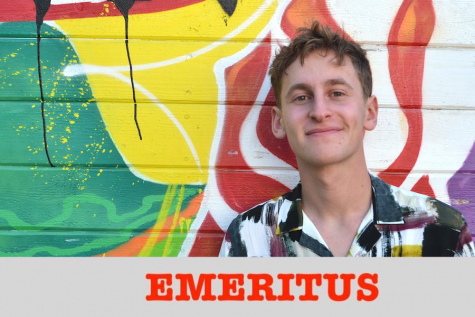
Jacob Joseph Lefkowitz Brooks was editor-in-chief during the 2019-20 school year and is now a student at the University of Toronto.

